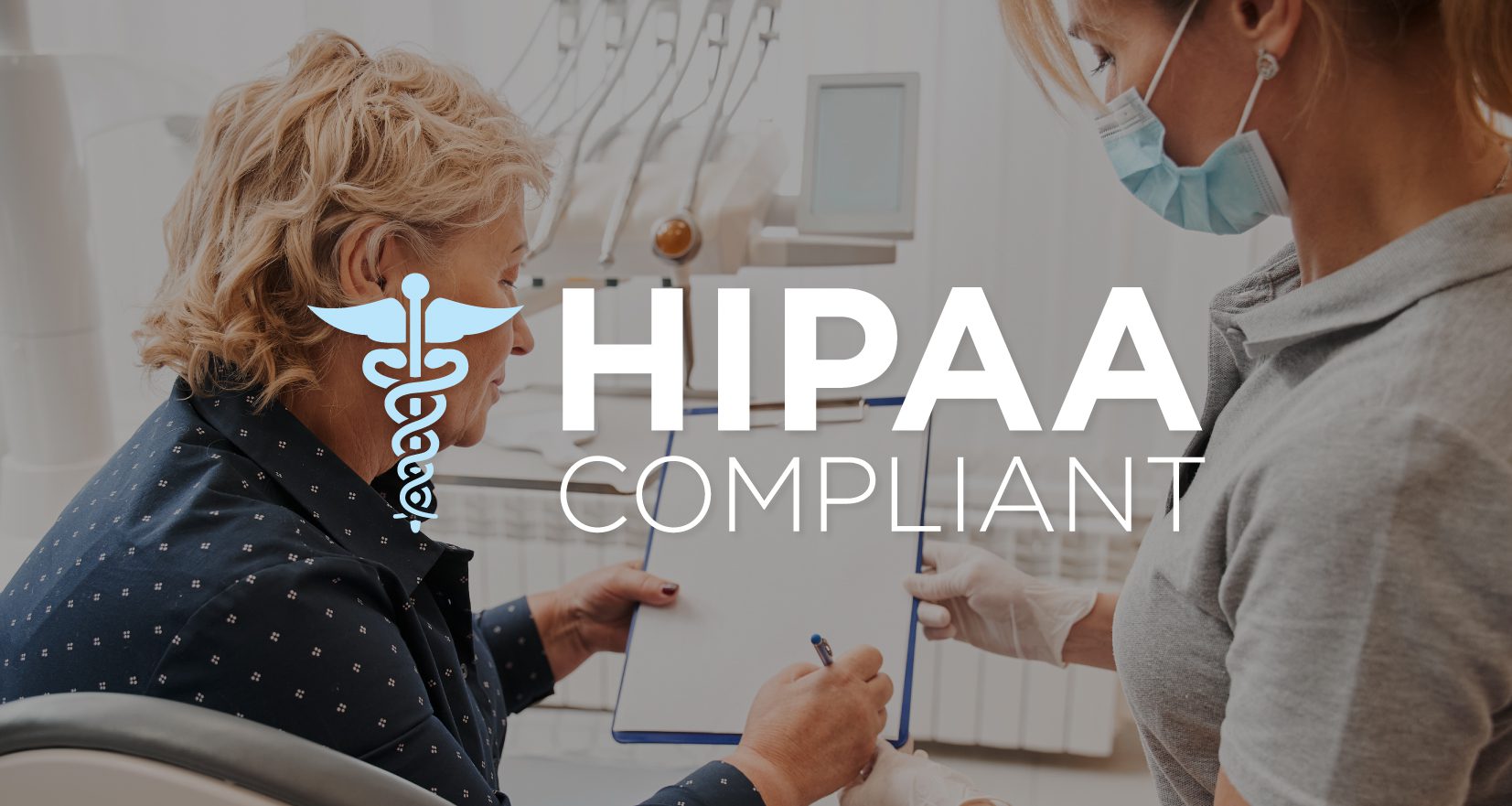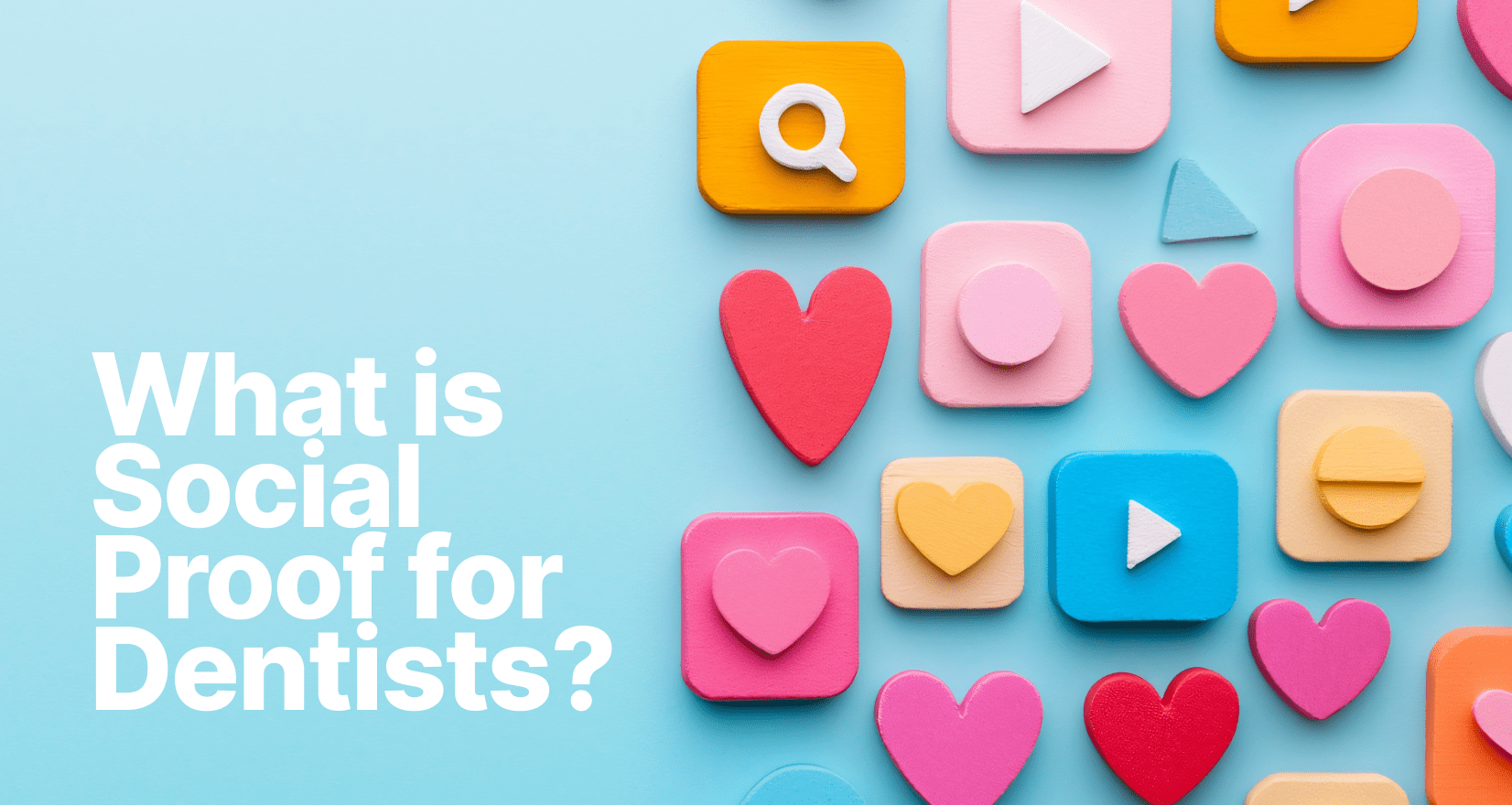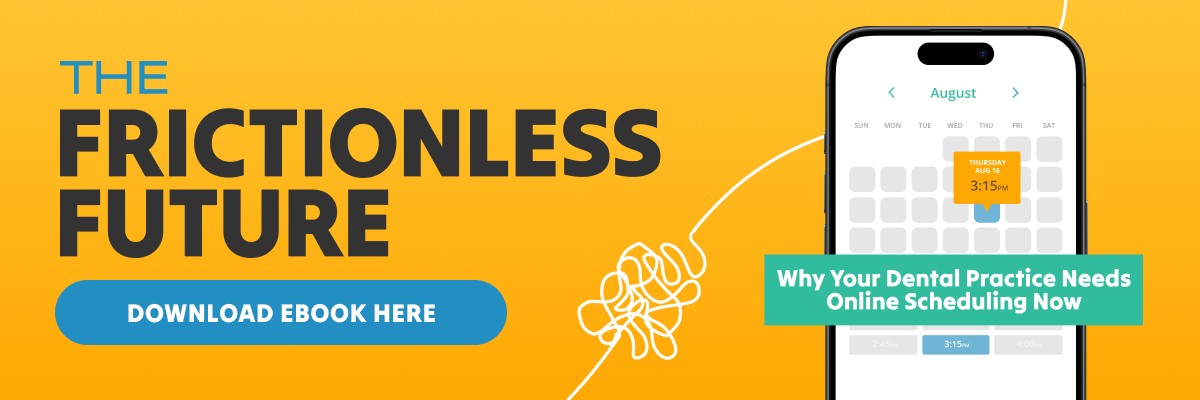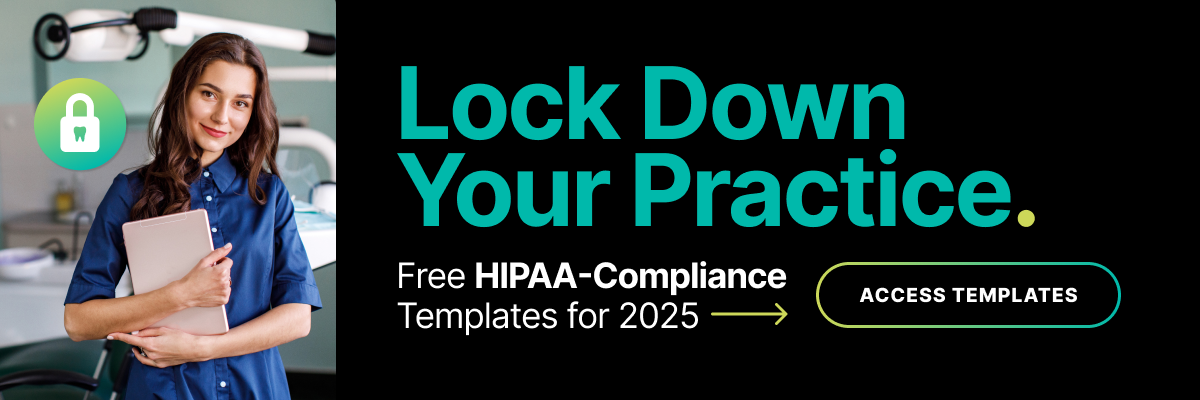
Table of Contents
- What Is a Patient Photo Release Form?
- When Is a Photo Release Form Needed for Patients?
- What Should Be Included in a Photo Release Form?
- Are a Photo Release Form and a Photo Consent Form the Same?
- Is a Photo Release Form Needed for Social Media Posts?
- Is a Photo Consent Form Needed to Use Patient Photos on My Website?
- How Long Is a Patient Consent Form Good For?
- Do I Need A Release Form to Use a Patient’s Written Testimonial on My Website?
- Can I Hire a Professional Photographer and Use Patient Photos Without a Release Form?
- Does a Digital Signature From a Patient Qualify as Consent for Use?
- Are Medical Professionals Required to Get a Photo Release for Patients’ Photos?
- Do I Need to Get a Signed Consent Form to Use Patient Videos in Marketing?
- Is a Signed Signature Required for a Photo Release to Meet the Demands of HIPAA?
- What Is the Difference Between a HIPAA Consent Form and a Photo Release Form?
- How Does a Model Release Form Differ From a Photo Consent Form for Patients?
- When Should You Ask for Consent?
- Are There Special Considerations for AI Tools in Marketing?
- Do Different Social Media Platforms Have Different Requirements?
- Can I Use Virtual Consultation Screenshots?
- What Should I Do If I Use a Photo Without Consent?
- What Is The Cost of Getting It Wrong?
- Common Mistakes to Avoid
- Making Consent Part of Your Practice Culture
- Beyond Photos: Comprehensive Digital Consent
- Still Have Questions?
Answers to Questions about Photo Release Forms [Download Included]
Photos are a vital part of an effective digital marketing strategy. However, every dental clinic needs to remember they are, first and foremost, a healthcare provider. As such, there are essential photo consent questions to consider before you share any image that contains identifiable features of your patients.
The federal government protects your patients’ right to privacy under the Health Insurance Portability and Accountability Act (more commonly known as HIPAA). HIPAA violations can be very problematic for your practice. Not only do you risk a fine that could potentially extend north of $2 million for willful neglect (yep, you read that right), but you can destroy your patients’ trust in your practice.
Some primary education and innovative marketing measures will help free you from HIPAA privacy breaches. Here are some answers to common questions regarding photo consent and a free photo release form to help you keep all your bases covered!
What Is a Patient Photo Release Form?
A patient photo release form is a document your patient signs to confirm that they give informed consent for their photo to be used by your practice for marketing purposes. In today’s digital landscape, this includes everything from your website to social media platforms, email campaigns, and even AI-powered marketing tools.
When Is a Photo Release Form Needed for Patients?
Anytime you are publicly using (or even storing) imagery that contains Protected Health Information (PHI) about your patients, you’ll need written (signed) consent.
A photo release form helps you cover all the legal requirements, even if the image isn’t used for marketing purposes. You may utilize it for treatment and documentation, peer education, or a case study to demonstrate the efficacy of a certain treatment. Even if your first purpose isn’t marketing, and even if you’re not sure exactly how identifiable the image of the patient is, it’s always better to be safe than sorry.
This includes newer scenarios like:
- Screenshots from virtual consultations or telehealth appointments
- Before-and-after photos shared in private Facebook groups for dentists
- Images used in AI-generated marketing materials or design tools
- Photos included in online training materials for staff
- Patient selfies taken in your office that you want to repost
What Should Be Included in a Photo Release Form?
There are several important elements that should be included in any photo release form in order to adhere to HIPAA requirements. These include:
1. Patient consent, including a signature, legal name, and date. Remember that if the photo contains a minor, permission from a parent or legal guardian must be secured.
2. Details of use, whether the photo will be available for marketing purposes, education, or another function. You should also include an expiration date to define when this use is authorized. Be specific about platforms: list social media channels, website use, print materials, email marketing, and any other intended uses.
3. Definition and identification of the parties involved, which will include both the patient and your practice name, or doctor’s name. It may also involve a third party who will receive the information (if it will be shared with a referring doctor, marketing agency, or social media management company, for example.)
4. Clear language informing the patient that they have the right to revoke consent and that their quality of care will not be influenced by their decision to release their photo or not.
5. AI and technology considerations (new for 2024-2025): Include language about whether photos may be used with AI tools, facial recognition technology, or automated marketing platforms. Be transparent about how technology might interact with their images.
Are a Photo Release Form and a Photo Consent Form the Same?
In essence, yes. You may also hear it called a HIPAA compliance form, although there are times when a HIPAA compliance form differs in that it addresses the use of something besides photos or videos. For example, if you want to publish a patient review on your website or in your marketing campaign. If the review identifies the patient, a HIPAA compliance form is required.
Is a Photo Release Form Needed for Social Media Posts?
Yes, social media posts require dental HIPAA forms. While social media may be considered a casual venue where in-the-moment photos are shared and forgotten about within the week, they are still public marketing materials for your business and contain private health information about your patients.
This applies to all platforms, including:
- Instagram posts and stories
- Facebook posts and reels
- TikTok videos
- YouTube Shorts
- LinkedIn updates
- Pinterest boards
- Snapchat content
It may be worth noting that you don’t need to obtain a social media consent form for an image or a review that a patient voluntarily puts on their page and tags your practice. When tagging, the photo can then show up on your social media page. By doing so themselves, the patient is assuming responsibility for their own public posting. You only need a photo release form when you are the one posting the content.
However, if you want to repost or share their content, it’s best practice to get written permission, even if they originally posted it.
Is a Photo Consent Form Needed to Use Patient Photos on My Website?
Absolutely. Your website must be in compliance with HIPAA guidelines whenever using photos (or words, reviews, videos, etc.) that could lead to the personal identification of your patients. HIPAA compliant websites also take into consideration privacy concerns any time you collect personal information about patients (or prospective patients) on your site, including form uploads, live chats, patient portals, and more.
How Long Is a Patient Consent Form Good For?
A photo release for social media is in effect until the expiration date specified on the form (which, of course, is why you should always make sure to include an expiration date.) There’s no hard and fast rule regarding the time period, but many practices set a period extending one year after the form is signed.
Consider implementing a system to track expiration dates and renew consent forms proactively. This prevents the awkward situation of having to remove popular marketing materials because consent expired.
Do I Need a Release Form to Use a Patient’s Written Testimonial on My Website?
Yes. Even if a patient has shared that review on another website like Google or Yelp, you need permission to share it for your own marketing purposes. This includes:
- Screenshots of reviews
- Quoted text from reviews
- Video testimonials
- Audio testimonials
- Reviews with accompanying photos
Can I Hire a Professional Photographer and Use Patient Photos Without a Release Form?
Photos taken by a professional photographer are no different from photos taken by your team when it comes to patient consent. The photographer could have their own release form that they use, but you’re responsible for using and saving a photo release form that conforms with HIPAA compliance rules. If there are no patients in the photos and the photography only features your office, your team, and models, then you don’t need to worry about HIPAA compliance.
Does a Digital Signature From a Patient Qualify as Consent for Use?
Yes, digital signatures on digital forms are legally valid in all U.S. states. In fact, e-signatures on a photo release consent form for social media are often more secure than physical signatures. They provide:
- Time stamps for when consent was given
- IP address tracking
- Secure cloud storage
- Easy retrieval for compliance audits
- Integration with practice management software
Are Medical Professionals Required to Get a Photo Release for Patients’ Photos?
There are some patient pictures that don’t need a photo release form. For example, if the photo is only used internally to improve patient care, you don’t need a patient signature. However, the photo still needs to be stored in a secure, encrypted location. And of course, if the photo is used for anything public (such as social media or your website), you’ll need permission.
Do I Need to Get a Signed Consent Form to Use Patient Videos in Marketing?
If you are uploading the video yourself, then yes. The same rules about patient photos apply to patient videos. This includes:
- Treatment testimonials
- Day-in-the-life videos featuring patients
- Procedure videos where patients are identifiable
- Live streaming from your practice
- Instagram Reels or TikToks featuring patients
Is a Signed Signature Required for a Photo Release to Meet the Demands of HIPAA?
A signature from the patient is necessary for a social media photo release form to be valid. However, the signature doesn’t need to be handwritten in order to be effective. E-signatures and even clicking an “I Agree” button can qualify and make the form valid, provided the system properly documents the consent.
What Is the Difference Between a HIPAA Consent Form and a Photo Release Form?
A HIPAA consent form and photo release form could be identical in some cases. Overall, a photo release form will be specifically about a photo or other media asset, whereas HIPAA consent forms may include consent for reviews, case studies, testimonials, and more.
How Does a Model Release Form Differ From a Photo Consent Form for Patients?
A model release form and photo consent form will contain much of the same information (expiration date, signatures, information about use, etc.) However, a photo consent form for patients is different because it must be HIPAA compliant. It will also offer information about your privacy policy and a disclosure that the patient’s quality of care will not be influenced in any way by their willingness to share their image.
When Should You Ask for Consent?
The ideal time to request photo consent varies by practice, but consider these approaches:
During Initial Paperwork: Include the photo release form with new patient paperwork. This normalizes the process and gives patients time to consider without feeling pressured.
After Excellent Results: When patients are thrilled with their treatment outcomes, they’re often happy to share their success. This is an ideal time to ask for consent for before-and-after photos.
At Special Events: If you host patient appreciation events or community outreach programs, have consent forms ready for group photos and candid shots.
Making the Process Seamless
- Use digital forms that integrate with your practice management system
- Train staff to explain the value of sharing their story to help other patients
- Offer incentives like small discounts or gift cards (ensure these are HIPAA compliant)
- Make it easy to say no without awkwardness
- Keep forms simple and easy to understand
Scripts for Staff
Train your team with scripts like:
- “Many of our patients find it helpful to see real results from people in our community. Would you be comfortable sharing your amazing smile transformation to help others considering similar treatment?”
- “We love celebrating our patients’ success stories. Would you consider allowing us to share your journey on our social media? Of course, there’s absolutely no pressure, and it won’t affect your care either way.”
Are There Special Considerations for AI Tools in Marketing?
With the rise of AI tools in dental marketing, it’s crucial to address whether patient photos can be used with AI platforms. Many practices now use AI for:
- Creating marketing materials with tools like Canva’s AI features
- Generating social media captions
- Enhancing or editing photos
- Creating animated versions of still images
Your consent forms should explicitly state whether photos may be processed through AI tools. Remember that uploading patient photos to AI platforms may constitute sharing PHI with third parties, requiring additional safeguards.
Do Different Social Media Platforms Have Different Requirements?
Different social media platforms have their own requirements and best practices, so make sure to check their policies:
- Instagram and Facebook: Owned by Meta, these platforms share similar policies but require clear consent for any health-related content
- TikTok: Particularly strict about medical content; ensure consent covers short-form video content
- Google My Business: Photos here are highly visible in search results, making consent especially important
- YouTube: Longer-form content may require more detailed consent about how footage will be used
Can I Use Virtual Consultation Screenshots?
The rise of telehealth has created new consent scenarios. If you want to use screenshots from virtual consultations for marketing (such as showing your modern telehealth capabilities), you need explicit consent that covers:
- Screenshots of video calls
- Recording of virtual consultations for marketing
- Use of chat transcripts or messages
What Should I Do If I Use a Photo Without Consent?
If you’ve accidentally used a patient photo without consent:
- Immediately remove the content from all platforms
- Document the incident including when it was discovered and actions taken
- Notify the patient promptly and apologize
- Conduct a risk assessment to determine if a breach notification is required
- Review and update your procedures to prevent future incidents
- Consider seeking legal counsel especially if the patient is upset or the exposure was significant
What Is The Cost of Getting It Wrong?
HIPAA violations related to improper use of patient photos can result in:
Financial Penalties:
- Minimum fine of $137 per violation (adjusted for 2024)
- Maximum annual penalty of $2,067,813 for violations of an identical provision
- Criminal charges for willful neglect can result in fines up to $250,000 and imprisonment
Reputation Damage:
- Lost patient trust
- Negative online reviews
- Local media coverage of violations
- Difficulty attracting new patients
- Potential loss of insurance network participation
Legal Consequences:
- Patient lawsuits for privacy violations
- State dental board investigations
- Increased scrutiny from OCR (Office for Civil Rights)
- Mandatory corrective action plans
Common Mistakes to Avoid
Assuming Verbal Consent Is Sufficient
HIPAA requires written authorization for using PHI in marketing. Verbal consent, no matter how enthusiastic, isn’t enough.
Forgetting to Renew Expired Consent Forms
Set up a system to track consent expiration dates. Popular marketing materials may need to be removed if consent expires.
Using Photos Beyond the Specified Purposes
If consent was given for website use only, you cannot later use those photos on social media without getting additional consent.
Not Securing Photos Properly
Even with consent, photos must be stored securely. Use encrypted storage and limit access to authorized personnel only.
Making Consent Part of Your Practice Culture
Creating a culture of compliance protects your practice and respects your patients. Here’s how:
Training Your Team
- Conduct quarterly HIPAA training that includes photo consent
- Create a checklist for marketing photo shoots
- Designate a HIPAA compliance officer
- Role-play consent conversations
- Review actual scenarios and close calls
Creating Systematic Processes
- Build consent requests into your patient workflow
- Use technology to track consent status
- Set up automatic reminders for expiring consents
- Create a central repository for all signed forms
- Regular audits of marketing materials against consent records
Technology Integration
Modern solutions can streamline consent management:
- Digital consent platforms that integrate with your practice management software
- Cloud storage systems with encryption and access controls
- Automated tracking of consent expiration dates
- Integration with My Social Practice’s tools for compliant social media management
Consider how Annie AI, My Social Practice’s AI receptionist, can help by answering patient questions about photo use and privacy policies, ensuring consistent communication about your practice’s commitment to privacy.
Beyond Photos: Comprehensive Digital Consent
Remember that HIPAA compliance extends beyond photos to include:
- Email marketing: Requires opt-in consent
- Text messaging: Needs written authorization
- Online reviews: Cannot solicit reviews in ways that reveal PHI
- Social media check-ins: Be cautious about responding to patient-initiated check-ins
- Blog posts: Case studies need consent even without photos
Still Have Questions?
There are plenty of things that your practice needs to understand in order to stay HIPAA compliant, from the encryption of your email service to the way in which you respond to patient reviews. We can help you with photo release forms and ensuring your digital marketing remains compliant.
We’ve constructed our HIPAA-compliant tools, our free photo release form for social media, and our Privacy Practices Disclosure and Business Associate Agreement templates with the consultation of excellent lawyers to help you move forward with confidence in your dental digital marketing. Our reputation management and social media services include built-in HIPAA compliance features, so you can focus on providing excellent patient care while we handle the marketing details.
Contact us to learn more about how My Social Practice can help you build a strong, compliant digital presence that attracts new patients while protecting the privacy of your existing ones.
About the Author: Adrian Lefler is a dental marketing expert and a key member of the dental marketing team at My Social Practice. My Social Practice is located in Salt Lake City, Utah. Adrian is passionate about helping dental practices grow through transparent and effective dental marketing services. If you have any dental marketing questions, give us a call at 877-316-7516. And, don’t forget to read our Google My Business reviews.











![[Byte Sized Podcast Ep. 31] The Death of DIY Dental Marketing: Why Even Social Media Experts Are Hiring Out - photo release form - My Social Practice - Helping dental practices find new patients My Social Practice - Helping dental practices find new patients - photo release form](https://mysocialpractice.com/wp-content/uploads/2026/02/byte-sized_ep31-100x100.png)

![[Byte Sized Podcast Ep. 30] AI in Dentistry: Why Brand Meaning Beats SEO in 2026 Feat. Reid Holmes - photo release form - My Social Practice - Helping dental practices find new patients AI search, AI in dentistry](https://mysocialpractice.com/wp-content/uploads/2026/02/byte-sized_ep30-100x100.png)